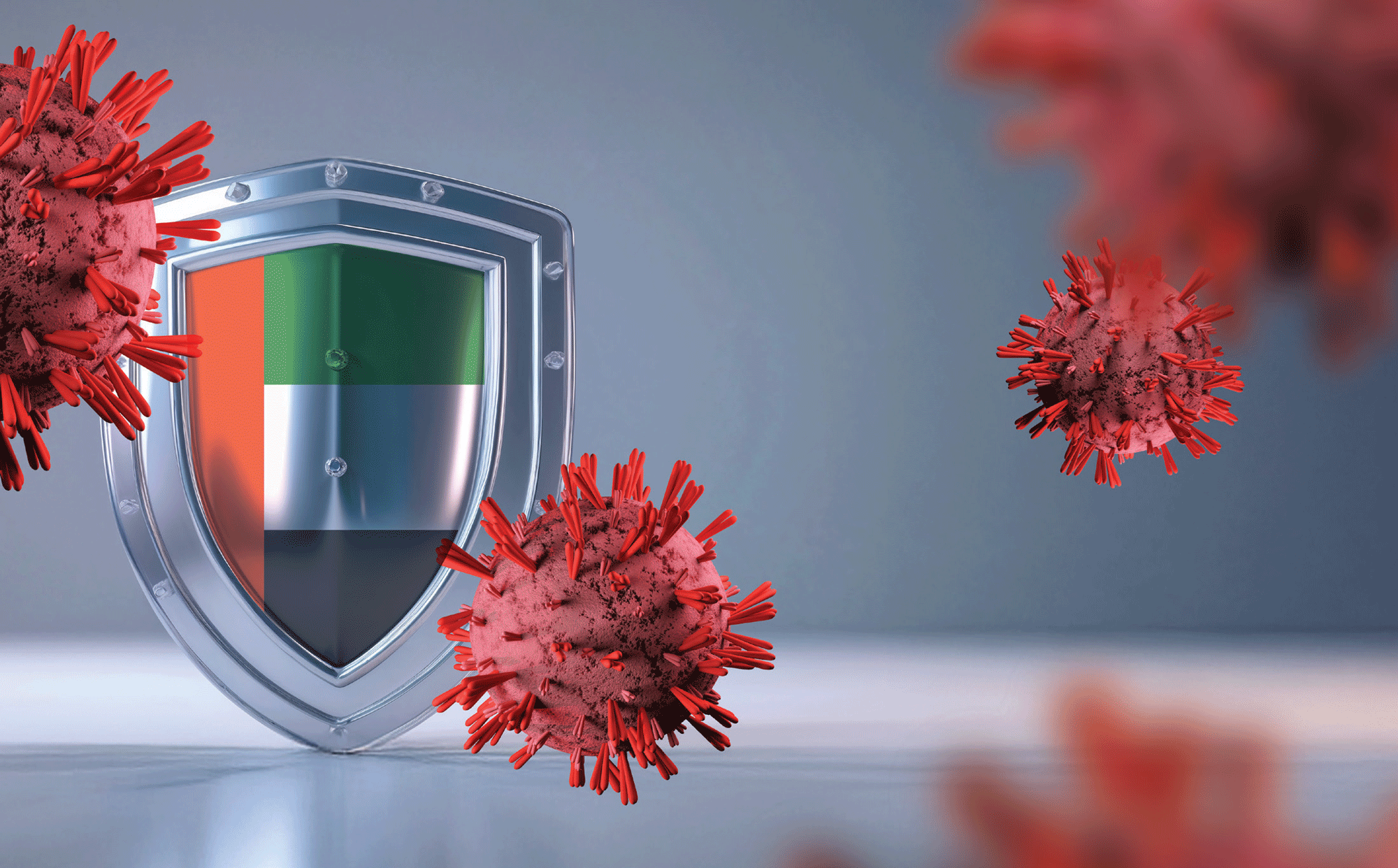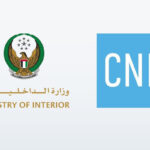Covid-19’s memories are fading for many. However, for the strikers and those who lost loved ones, their impact still persists. As the world progresses, there is an important question: What lessons have we really learned?
If another pandemic arises, where a cough, a handshake or simply a shared meal trigger the spread of a deadly virus,Are we prepared?
There are clear advances of legs:
-
Improved vaccination technologies
-
More robust health systems
-
Greater public awareness of disease transmission
However, significant challenges persist. The gaps in health infrastructure, widespread erroneous information, pandemic fatigue and public doubt towards preventive measures continue to raise serious Conerns.
Recent alarm developments
Several recent events have high fears of another pandemic:
-
Livestock farms in the United States were beaten by the H5N1 strain O Aviar flu, which affects people in contact with sick cows.
-
In Mexico, a man succumbed to H5N2 avian flu tensionMarking the first registered human fatality of this virus.
-
The World Health Organization (WHO) declared a public health emergency about Mpoxthat caused more 500 deaths.
-
Oropouche virusTransmitted by insects, you have seen more than 8,000 cases and Two deaths Since the beginning of 2024.
The role of technology
Advances in genome sequencing and Disease detection Have leg change changers.
The rapid identification of the pathogen has allowed faster responses to the outbreaks. For example, genomic sequencing was crucial in monitoring COVID-19 mutations, which led to the development of effective vaccines.
Neverberthes, despite technological jumps, new diseases and mutated strains continue to emerge. Diseases such as Mpox, Aviar and Malaria flu have resurfaced with alarming force.
The proactive approach of the EAU
EAU have significantly tasks to improve the preparation of the pandemic, learning crucial lessons of the COVID-19 crisis.
He National Emergency and Disaster Management Authority It has a detailed action plan ready for the implementation of IMEDIA, which covers the patient’s income, transport and storage of medicines in case of another pandemic.
Global efforts and challenges
International medical care entities, including WHO, are negotiating Pandemic agreements To guarantee a fair distribution of medicines and address financial barriers.
Technologies like Ai and Big Data analysis They are helping researchers predict outbreak patterns, allowing early detection and timely interventions.
However, despite this progress, experts warn that the world remains mistreated.
He Independent panel for the preparation and response of the pandemic He has warned that “In 2025, the world is not ready to address another pandemic threat.”
Global inequalities in access to vaccines and medical care resources remain a critical problem that requires immediate actions.
Sustained investment in health systems and strengthened international cooperation is urgently needed. The improvement in isolated areas is not enough: the world must work collectively to be really ready.
![]() Follow Emirates 24 | 7 on Google News.
Follow Emirates 24 | 7 on Google News.








